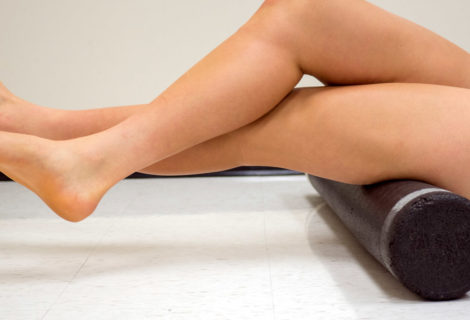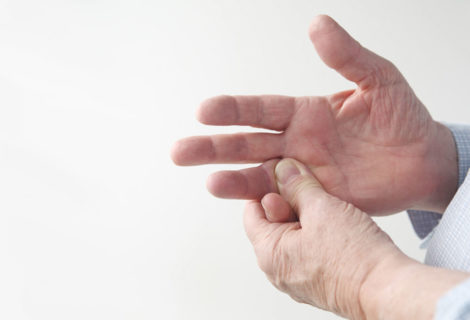What is Homeopathy?
Homeopathy is a 200 year old system of traditional medicine using natural remedies and may be used in the management of a variety of illnesses and conditions. It can be used alongside conventional treatments and medications.
Homeopathy is used by more than 200 million people worldwide and is recognised by the World Health Organisation as a valid form of healthcare. It’s popular in Britain where the Queen has her own homeopath and never travels anywhere without her homeopathic remedies.
Homeopathy aims to treat the whole person, taking into account personality, lifestyle and hereditary factors as well as the history of the presenting complaint. Homeopathy can be of benefit at any stage of life, from babies to the elderly. For any ongoing chronic condition or in case of serious acute symptoms, it is important to be assessed by your health care professional or specialist.
Many people mistakenly think that Homeopathy and Naturopathy are one and the same thing. Naturopathy is a broad-spectrum practice which includes a number of natural therapies, whilst homeopathy is a specialist and separate system of medicine in its own right.
Homeopathy was developed by German physician and chemist, Dr Samuel Hahnemann (1755-1843), based on the principle of “let like cure like”. He found that many substances when administered to a healthy person could be used to treat similar symptoms in a sick person when given in small, specially prepared doses. For example, coffee stimulates the nervous system and the production of urine. A homeopathic dose of coffee may assist a patient troubled with unusual mental activity and sleeplessness, together with excessive production of urine.
Homeopathic treatment strengthens a person’s internal resilience, acting as a catalyst, stimulating and directing the body’s own healing mechanism as well as helping to resolve underlying susceptibility to disease.











